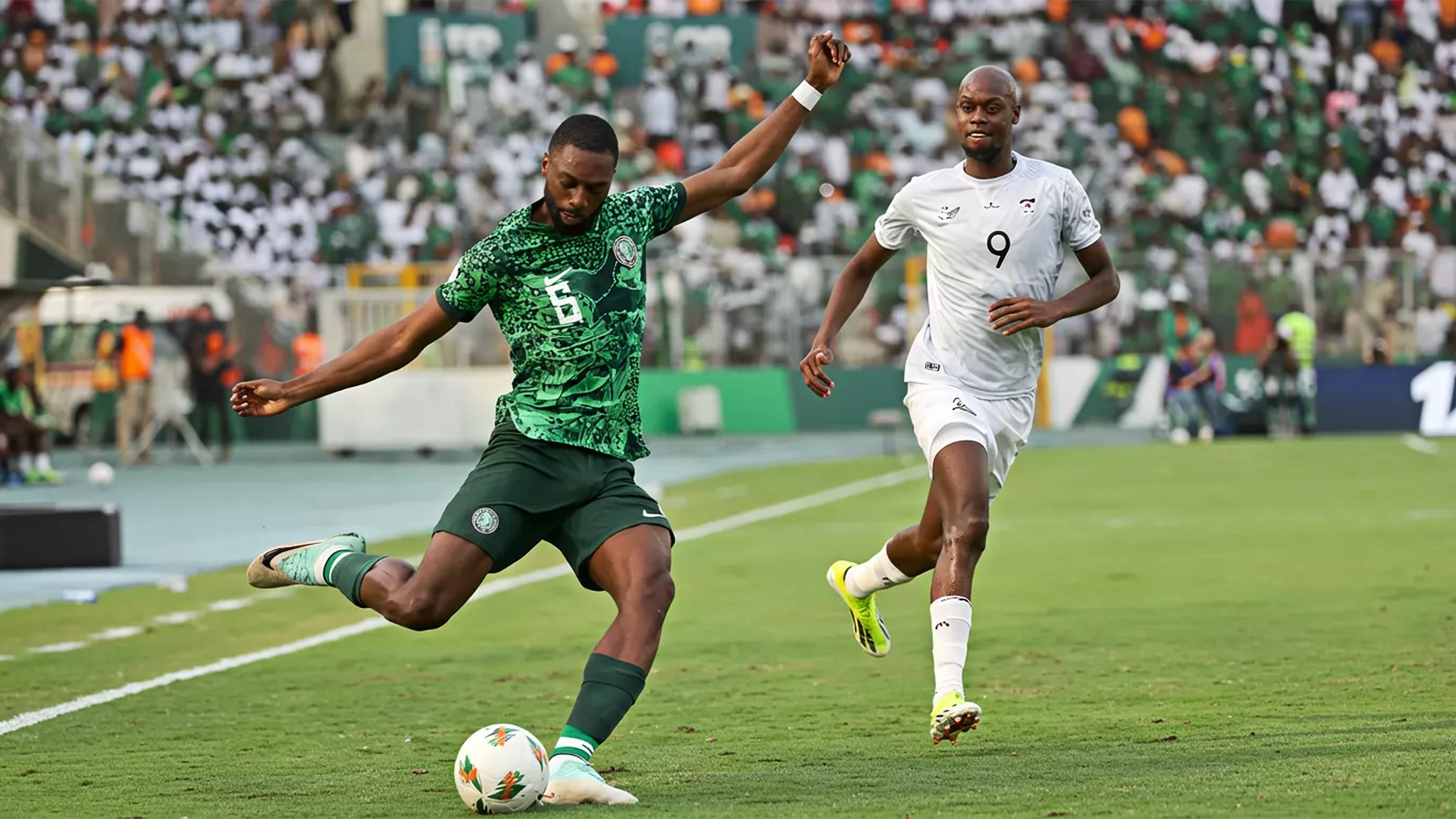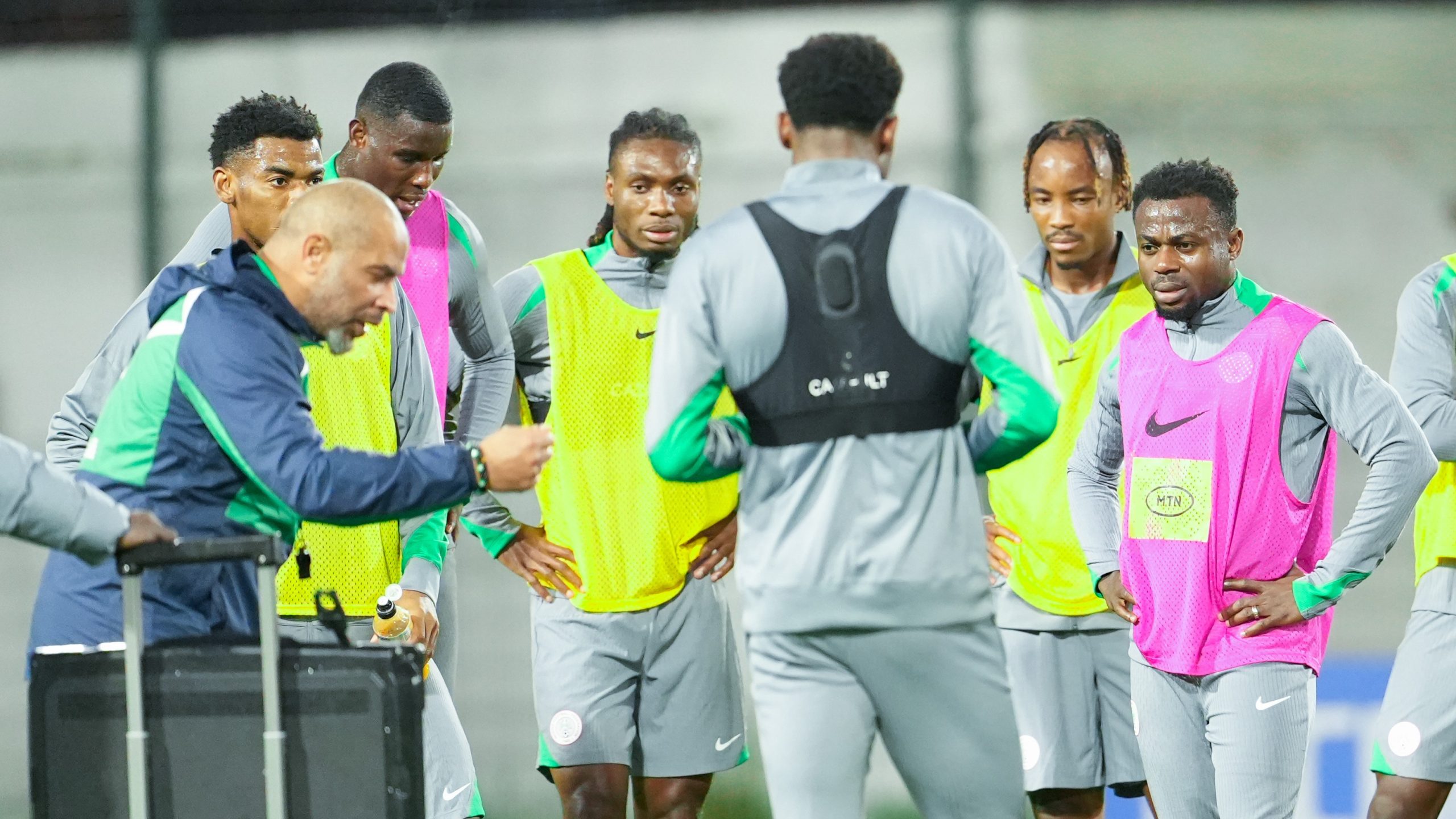It appears now that, when it comes to hosting FIFA competitions, Nigeria has perfected the 10-year cycle.
In 1999, the Under-20 World Cup was hosted by Nigeria, and in 2009 it was the turn of the Under-17 World Cup. By the time 2020 rolls around though, it will have been 11 years since 2009, but that slight arithmetic imperfection should not detract from a fact that ought to be blatant: bidding for and hosting the Under-20 Women’s World Cup next year is, at best, a distraction from more pressing problems in the country.
This is true on a wider economic scale. At this present time, all relevant economic indices point to a country that can ill afford to justify shelling out for a global sporting event. With rising poverty levels and inflation rate, a national GDP not growing at projected rates (per data from the National Bureau of Statistics) and still coming out of a recession, it is difficult to justify taking on such a burden.
In fairness, a case can be made for the idea on a purely historic level: there has never been an African host for a FIFA-organised women’s tournament.
The continent has long been viewed as lagging behind on issues of gender equality and women empowerment, trapped as it is in patriarchal norms. This would represent a win, as well as a significant boost in profile for Africa in general and Nigeria in particular. Aside from the image-laundering potential, it would, in the view of the supporters of the bid, foster increased engagement with football for women at younger ages.
There is also the socio-economic footprint: job creation and a boost in economic output, an injection of cash into the local economy by visiting delegations (although the profile of the tournament determines just how big this boost is). But perhaps the biggest argument for the bid is the impact it would have on the country’s sporting infrastructure.
The four proposed centres are Lagos, Uyo, Benin and Asaba. In order to pass muster with FIFA’s inspection teams, there will be significant work done to bring those stadiums, as well as the training pitches which have been put forward, to a high standard. There will also doubtless be an investment in revamping both road and security infrastructure in and around the host cities.
In the long term, the legacy of hosting the competition would, theoretically, be improved sporting venues.
These arguments are all persuasive when considered in the abstract. However, as is clear to anyone who has worked or lived in Nigeria, it is a country in which context is extremely powerful, and this context is capable of rendering even the most romantic ideas futile.
Beyond the massive costs that will be levied on the state and the taxpayer to make those infrastructural investments – host nations have been known to run into significant debt, as FIFA does not foot the bill for this – there is also the cost of providing security at these events, and the effects that this heightened security presence could have on a society that is already distrustful of its law enforcement.
It is also, unfortunately, the case that, in Nigeria, a poor maintenance culture would truncate any projected long-term gains, especially where facilities are concerned. In this regard, there is ample precedent.
In hosting the Under-20 World Cup in 1999, there was a significant effort to get preparations on track, and it just about came off. However, by the time 2009 came around, much of those same stadiums were in total disrepair. In 2019? Nothing ever changes.
Besides, there can be no pretending that Nigeria truly is interested in the growth of the women’s game. The women’s league is in disarray, the welfare of the athletes is at best an afterthought, and there is next to no investment from both the government and the football authorities. To try to paint a different picture is simply window dressing, an attempt to hide the rot underneath.
That there can be gains is easy enough to see. But are those gains sustainable, and can the cost justify them? History would suggest the answer to that is a resounding ‘no’. In typical fashion, some people will simply get very rich off the back of it, and at this point, Nigeria should be looking beyond enriching a select few at the expense of the public.






